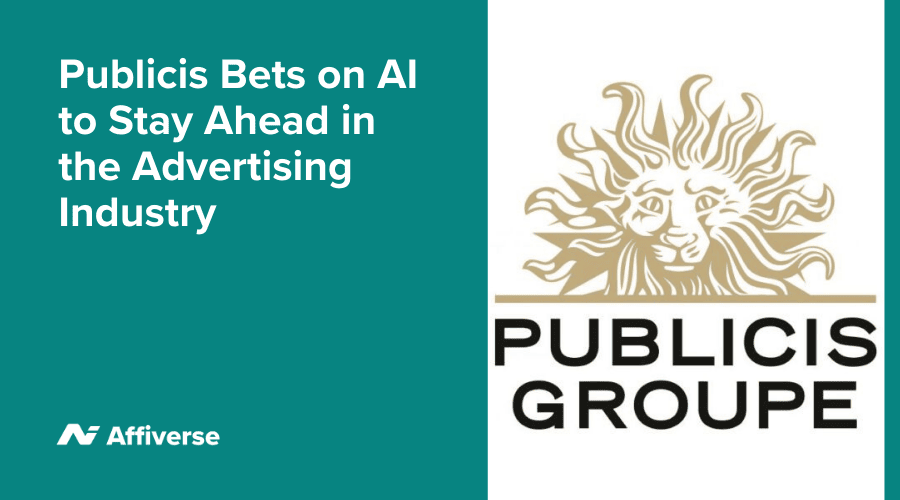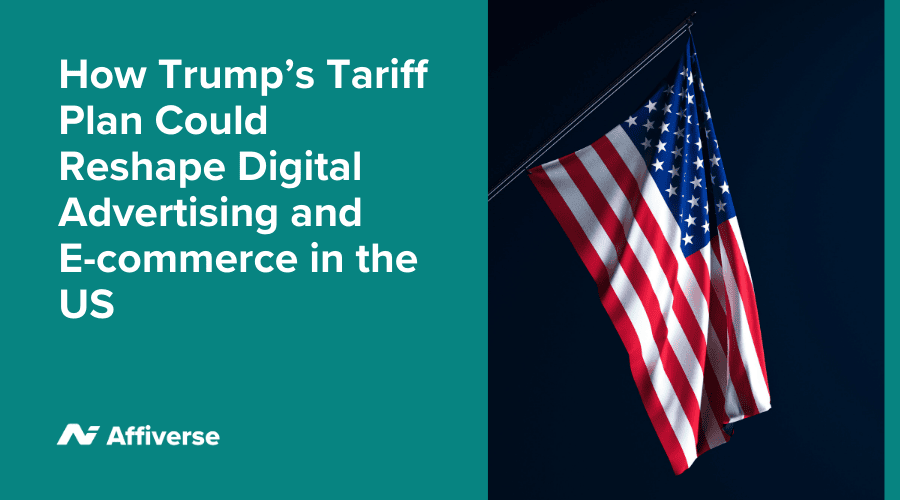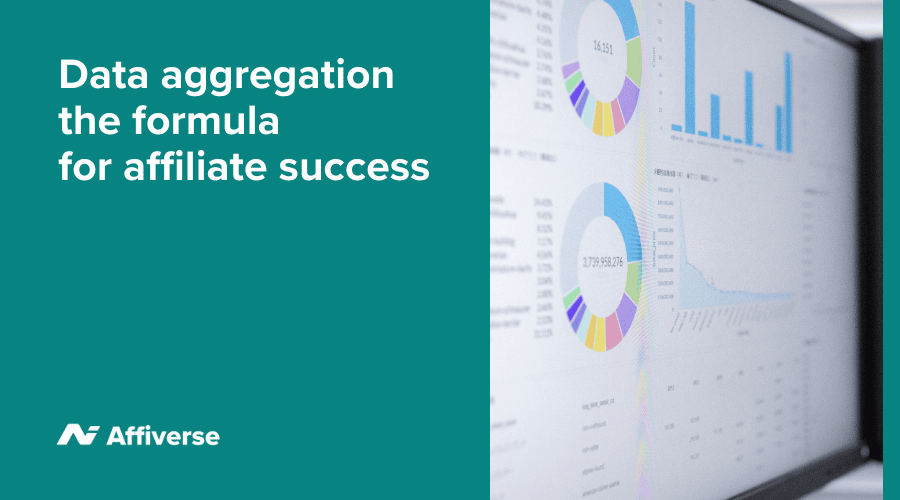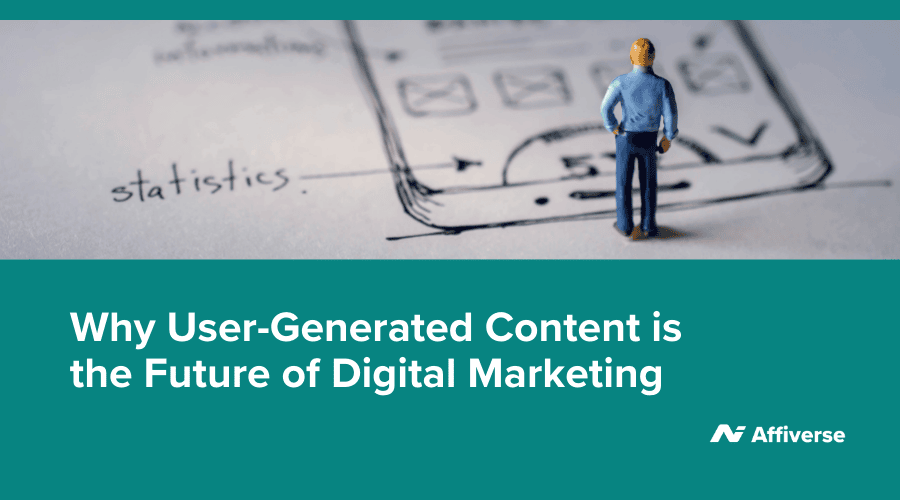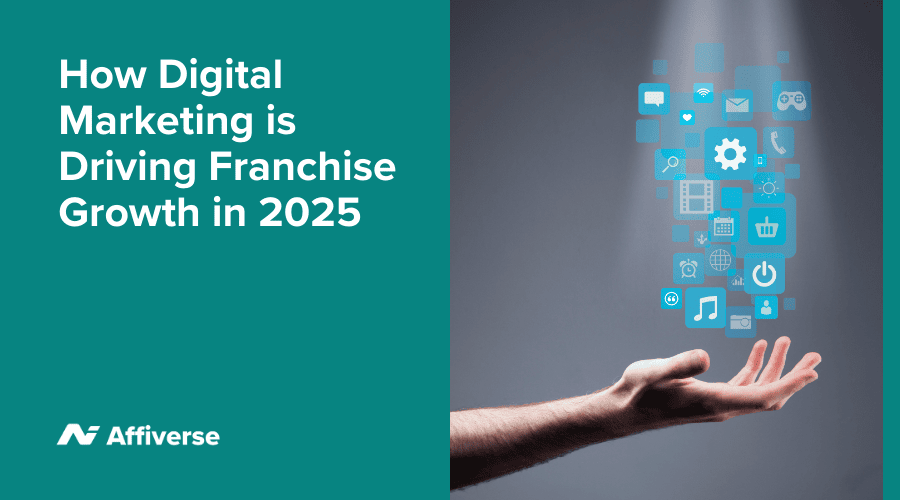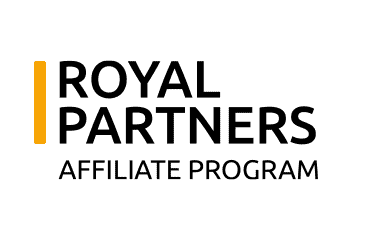Publicis Groupe, one of the world’s largest advertising firms, is doubling down on artificial intelligence (AI) to maintain its competitive edge. The company has announced plans to invest 100 million euros in its CoreAI entity, signalling a major push towards data-driven marketing and automation.
As AI continues to reshape advertising, Publicis is positioning itself as a leader in the shift from traditional media strategies to highly personalised, algorithm-driven campaigns. The investment underscores how AI is not just an add-on for digital marketing – it is becoming the foundation of modern advertising.
With brands demanding greater efficiency, precision, and ROI, AI is no longer a futuristic concept. It is fundamental to the next generation of marketing, and Publicis is making sure it stays ahead of the curve.
Why Publicis is Betting Big on AI
Publicis’ AI investment is not a sudden move but part of a broader trend where agencies are shifting from creative-driven approaches to data-centric marketing strategies.
The advertising landscape has changed dramatically in recent years. Consumer behaviour is more unpredictable, privacy regulations are tightening, and brands are demanding more accountability from their ad spend. AI offers a way to analyse vast amounts of data, predict trends, and automate campaign optimisation at a scale that human teams simply cannot match.
For Publicis, investing in AI is about:
- Enhancing Targeting Precision: AI enables advertisers to reach highly specific audience segments with personalised messaging.
- Improving Media Buying Efficiency: AI-powered bidding systems optimise real-time ad placements, reducing wasted spend.
- Strengthening Creative Optimisation: AI can test multiple ad variations and automatically select the most effective content.
- Predicting Consumer Behaviour: Advanced AI models analyse data patterns to forecast trends and purchase intent.
By embedding AI deeper into its operations, Publicis is positioning itself as the go-to partner for brands looking to scale their digital advertising with greater efficiency and accuracy.
How AI is Changing the Advertising Industry
Publicis’ AI push reflects a broader transformation across the advertising sector. AI is no longer just a tool for automation – it is shaping strategy, execution, and measurement.
One of the biggest shifts is the rise of predictive advertising. Instead of relying on historical performance alone, AI allows brands to anticipate what consumers will do next and adjust campaigns accordingly. This helps businesses allocate budgets more effectively and maximise their return on investment.
Another major change is real-time ad personalisation. AI-powered platforms can dynamically adjust ad creatives based on user behaviour, location, and interests. This ensures that every impression delivers the most relevant message to the right audience at the right time.
Additionally, privacy regulations and cookie deprecation are forcing advertisers to rethink targeting. AI-driven solutions, such as contextual advertising and first-party data modelling, are emerging as alternatives to traditional third-party tracking. Publicis is likely investing in AI to ensure that its clients can continue to reach audiences effectively without relying on outdated tracking methods.
The Competitive Landscape: Publicis vs. Big Tech
Publicis’ AI investment also signals a growing competition between traditional advertising agencies and tech giants like Google, Meta, and Amazon. These platforms have dominated digital advertising by using AI-driven algorithms to control ad placements, targeting, and bidding in highly automated environments.
For agencies, this has created a challenge. Many brands now bypass traditional ad agencies and use Google and Meta’s self-serve ad platforms to manage campaigns directly. This has forced agencies like Publicis to evolve – by offering AI-powered marketing solutions that provide more control, transparency, and brand safety than tech giants typically allow.
By integrating AI deeply into its CoreAI platform, Publicis is making a case that advertisers don’t have to rely solely on Big Tech’s AI – they can access cutting-edge, data-driven solutions through an agency model.
What Publicis’ AI Investment Means for Advertisers
For brands and advertisers, Publicis’ AI-driven approach presents new opportunities to:
- Optimise Campaign Performance: AI-driven insights allow for better budget allocation, higher engagement rates, and improved ad relevance.
- Future-Proof Against Privacy Changes: With third-party cookies disappearing, AI-powered audience modelling will be essential for effective targeting.
- Increase Efficiency: Automation will reduce the time required for media planning, ad placement, and performance analysis.
- Enhance Creative Testing: AI can automatically test multiple ad creatives and refine messaging based on real-time data.
However, this also means that advertisers must adapt to an AI-driven marketing environment. Traditional media planning methods are becoming obsolete, and data-driven decision-making will define the next decade of digital advertising.
The Future of AI in Advertising
Publicis’ decision to invest in AI is a clear indicator that automation, data science, and predictive analytics will dominate advertising in the coming years. As AI capabilities continue to advance, we can expect:
- More AI-driven ad marketplaces where machine learning determines the best placements with minimal human intervention.
- A shift from static ads to dynamic creative optimisation (DCO), where AI tailors ads in real-time based on viewer behaviour.
- A greater focus on first-party data as privacy laws continue to restrict traditional targeting methods.
Agencies that fail to integrate AI into their offerings risk falling behind, as brands will demand higher efficiency, deeper insights, and greater transparency in their marketing investments.
Final Thoughts
Publicis’ 100 million euro AI investment isn’t just about staying competitive – it’s about defining the future of advertising. As brands seek more personalised, data-driven marketing solutions, AI is set to become the backbone of the industry.
The challenge for advertisers will be adapting to an AI-first ecosystem where human creativity meets machine-driven efficiency. Those who embrace this shift will gain an edge in targeting, optimisation, and campaign performance.
Those who resist may find themselves struggling to keep up in an industry where AI isn’t just an advantage – it’s a necessity.


